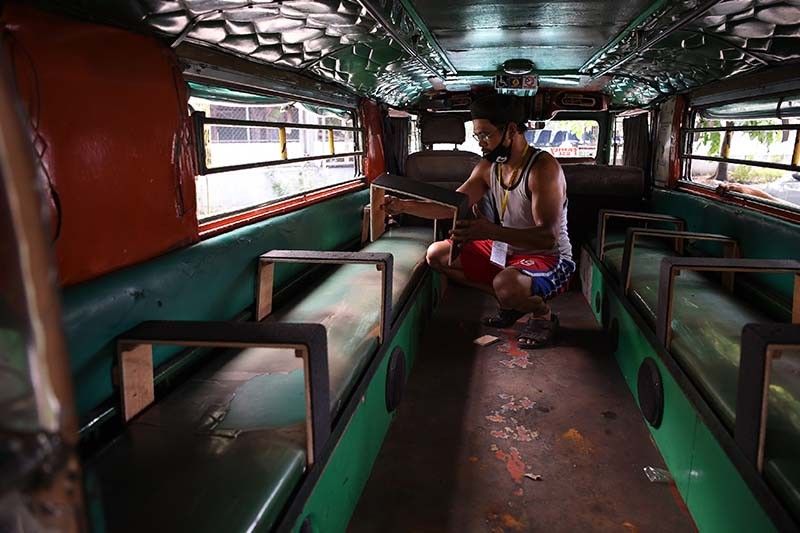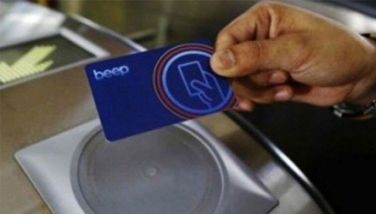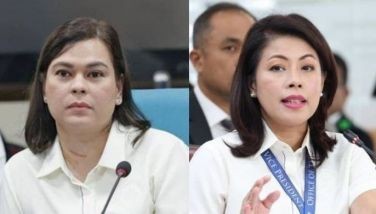Gov't to spend P1-B in cash aid for PUV drivers amid high oil prices

MANILA, Philippines — The government will spend P1 billion to provide fuel subsidy to Public Utility Vehicles (PUV) drivers reeling from rallying oil prices that, if left unchecked, could stoke inflation and hurt a fragile economic recovery.
The money will be released to the Land Transportation Franchising and Regulatory Board (LTFRB), which will grant cash aid to around 178,000 PUV drivers for the remaining months of the year, the inter-agency Development Budget Coordination Committee (DBCC) said in a statement on Monday.
The aid will be distributed to qualified PUV drivers through “Pantawid Pasada Cards” that were used during a fuel subsidy program back in 2018 to cushion the impact of the Tax Reform for Acceleration and Inclusion (TRAIN) law, which imposed excise taxes on petroleum products. The DBCC said the money for the subsidies will come from “unprogrammed appropriations”, or items in the 2021 national budget that can only be tapped if the state has extra revenues.
The move came at a time transport groups are proposing fare hikes to help them weather the impact of stubbornly high oil prices. Last week, prices of gasoline went up by P1.80 per liter while diesel and kerosene got more expensive by P1.50/liter and P1.30/liter, respectively, as soaring demand and tight supply continue to push up global oil prices.
Pasang Masda and other transport groups earlier this month called for a P3 increase in public transport fares. But the Department of Transportation rejected the appeal, saying a fare hike at this time could hurt commuters. As it is, the Philippines is grappling with elevated inflation that stood at 4.8% in September, which breached the central bank’s 2-4% target.
For Pagkakaisa ng Manggagawa sa Transportasyon (PMT), a transport group, the size of upcoming cash aid might not be enough help, while a fare hike will only burden consumers, including families of PUV drivers and operators.
Instead, PMT said the state must impose “price controls” to tackle the recurring problem of oil price hikes. The group added that the government should also start “the process of reversing” the Ramos-era Oil Deregulation Law.
“A fare hike will unduly burden the already suffering commuters. While it is a knee-jerk sectoral demand, the effects of such will also hit the families of drivers. It will not compensate (not even belatedly) for lost or reduced incomes especially because it will take time to be approved at the LTFRB,” PMT convenor Dante Lagman in a text message.
Such a strategy is already being pursued by the government though. Last week, the Department of Energy said it asked Congress to amend the Ramos-era Oil Deregulation Law to allow the unbundling of costs of retail petroleum products. The plan is seen as a long-term fix to the problem but it would have to go through a tedious and lengthy legislative process.
For now, the DOE said fuel subsidies and discounts could immediately address the problem.
- Latest
- Trending































